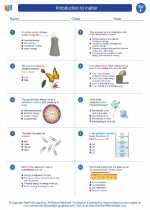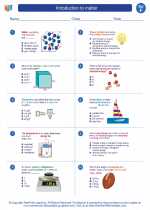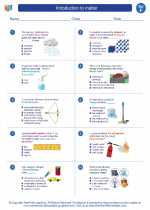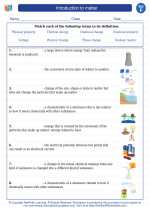Generators
A generator is a device that converts mechanical energy into electrical energy. It works on the principle of electromagnetic induction, where a conductor moving through a magnetic field produces an electric current.
Components of a Generator
A typical generator consists of the following components:
- Stator: The stationary part of the generator that contains the coils of wire.
- Rotor: The rotating part of the generator that contains the magnetic field.
- Coils/Windings: Conducting wire loops that are arranged on the stator and rotor to generate the induced current.
- Magnetic Field: The field produced by magnets or electromagnets, which interacts with the coils to induce the current.
- Shaft: The mechanical component that connects the rotor to an external mechanical energy source, such as a turbine or an engine.
Working Principle
When the rotor is turned, it causes the magnetic field to cut across the coils in the stator, inducing an electric current. This current can then be transferred through wires to power electrical devices.
Types of Generators
Generators can be classified into various types based on their application and construction, such as:
- AC Generators: Alternating Current generators that produce AC electricity.
- DC Generators: Direct Current generators that produce DC electricity.
- Portable Generators: Small, mobile generators used for temporary power supply.
- Standby Generators: Larger generators designed to provide backup power for buildings or facilities during outages.
Applications
Generators are widely used in various industries and settings, including:
- Power plants
- Homes and businesses as backup power sources
- Construction sites
- Outdoor events and concerts
- Remote or off-grid locations
Study Guide
When studying generators, it's essential to understand the following key concepts:
- The principle of electromagnetic induction
- The components and working principles of a generator
- The difference between AC and DC generators
- The applications and importance of generators in various industries
- Safety measures and maintenance of generators
Be sure to familiarize yourself with the different types of generators and their specific uses. Additionally, practice solving problems related to generator efficiency, power output, and electrical connections.
Understanding the role of generators in providing electricity and their impact on modern society is also crucial for a comprehensive study of this topic.
Good luck with your studies on generators!
.◂Science Worksheets and Study Guides Sixth Grade. Introduction to matter

 Worksheet/Answer key
Worksheet/Answer key
 Worksheet/Answer key
Worksheet/Answer key
 Worksheet/Answer key
Worksheet/Answer key
 Vocabulary/Answer key
Vocabulary/Answer key
 Vocabulary/Answer key
Vocabulary/Answer key
